If you have been interested in getting a water filtration system for your home, you may quickly realize that there are many to choose from. It is this vast selection that often makes it confusing for people that want to make their initial purchase. They often wonder if they should get individual filters for each of their sinks, or if they should get an entire whole house filtration system, both of which use different types of filters. Here is a quick overview of the many different types of water filters that you can use for your home.
Contents
Why You Should Install One
It should first be stated why many people choose to install one. Understanding that reason can help you decide on the proper one for your household. In general, households use several gallons of water every day, some of which is used for drinking, whereas other amounts our for domestic purposes. Therefore, if you are worried about the water you are drinking out of the tap, this would motivate you to choose water filters designed for that purpose. If you are concerned about all of the water coming into your home, and how it could affect your laundry, pipes, or even your skin, then you may want to make different choices.
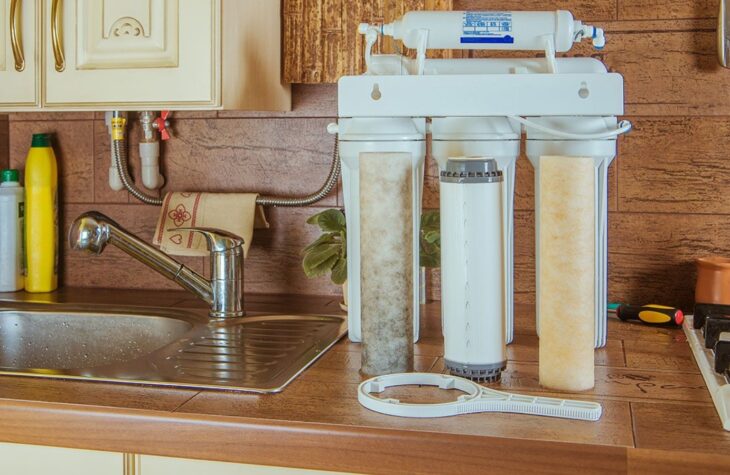
Source: Pinterest
Different Types of Water Filtration Systems
Most of the filtration systems use a very truncated version of what municipalities often due to water before it gets to your tap. While it may seem redundant, there is a long way between the water treatment plant and your home. Many homeowners decide to handle their own filtration/purification due to this fact.
The standard for water purification is as follows:
There is typically a screening process with some form of sediment filtration. Sediment filtration helps to remove larger solids from the water before it makes its way into more granulated filtration.
This followed by the removal of contaminants using granular activated carbon. This process can also be replicated with smaller units that use GAC to remove bad odors, as well as the bad taste, that can be in city and well water.
These filtration systems could use a variety of different filter methods including activated carbon blocks, granulated activated carbon filtration systems, reverse osmosis, and distillation.
Distillation and reverse osmosis are generally considered to be the most aggressive and are relied upon the most of you need to be absolutely sure the water is fully purified.
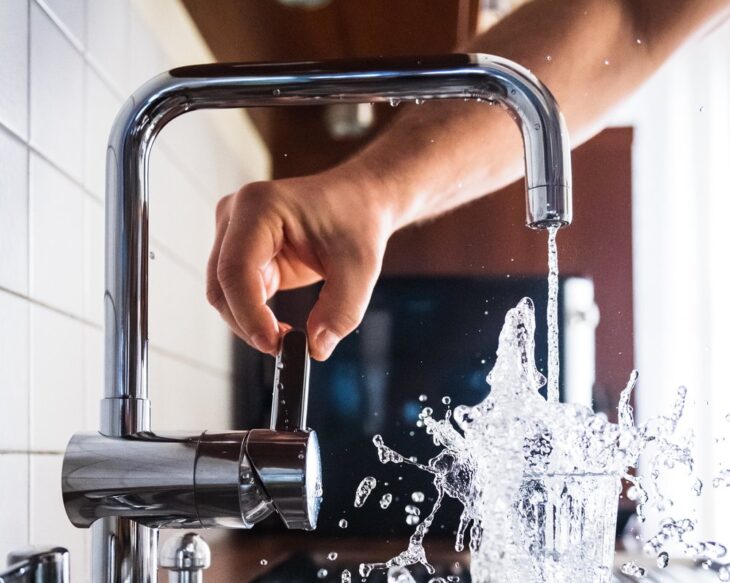
Source: VannDigit
Which One Would Be Best For Your Household?
This question comes up all the time. Which water filter system should I use for my home? The answer is, well, that it depends on your needs in your home. Peoples water filtration needs could range from simple faucet filters to remove some bad taste and dissolved solids, all the way to whole house reverse osmosis systems for those suffering from hard water or severe municipal water quality considerations.
Let’s take a look at what would be best for the various situations:
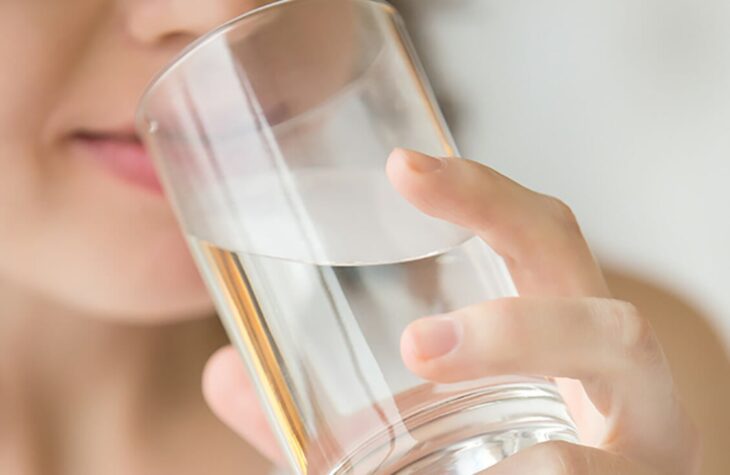
Source: Jacobi Carbons
Drinking Water for Taste and Some Additives
If your main consideration isn’t severe water quality problems (i.e. the tap water is legally safe to drink), but you still want to remove some bad taste from dissolved solids, your best bet is a simple granulated activated carbon filtration system.
In general, this is how most people use water filters, because of how efficient and economical they are to use. You simply have to change out the filter every few months to keep drinking quality water.
These GAC systems can take the form of very large systems to small ones, even simple pitcher water filters or faucet water filters. The very common Brita and Pur water filter brands use activated carbon filters, and activated carbon is the most common water filter method, and it is very effective at removing additives and dissolved solids.
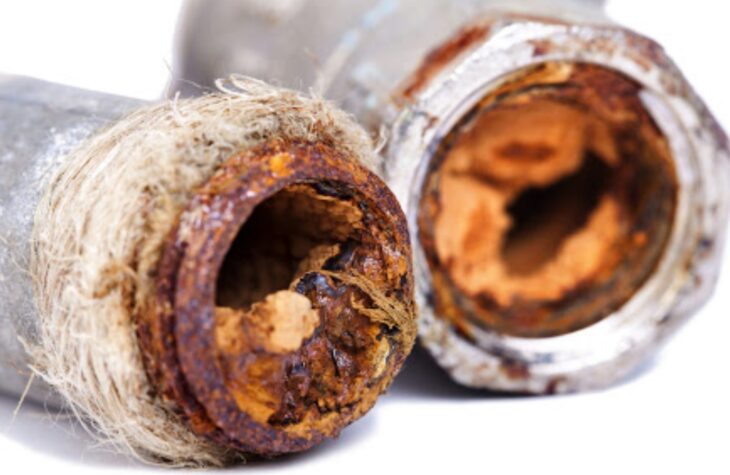
Source: Water Purifiers Experts
Hard Water Issues
If you suffer from “hard water”, i.e. the presence of minerals in your drinking water that end up hardening in your pipes and making it difficult to effectively use soap, you’ll need a much more robust system.
Water softeners are whole house filtration systems and work through a variety of methods. Since the hard water can damage pipes throughout your entire plumbing system, the system will need to filter all of the water coming into your home. It would likely consist of a combination of activated carbon blocks, reverse osmosis, and the distillation process. Another possibility, if you are specifically worried about the condition of your pipes, is to use an ion exchange system. This works well with softening contaminants in the water, preventing them from sticking together and clogging up your pipes.
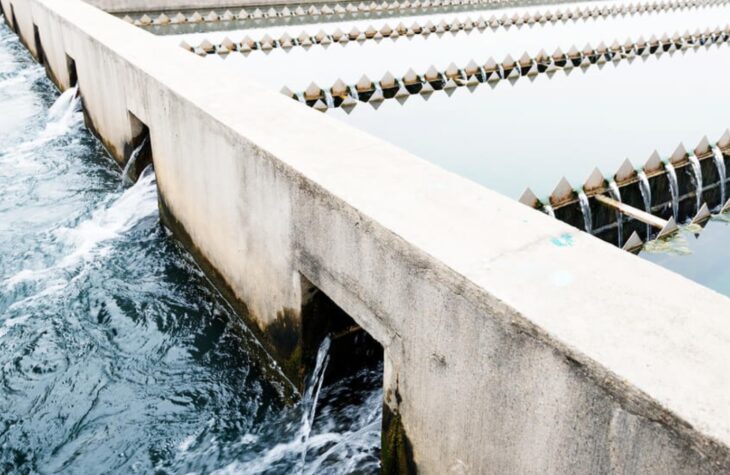
Source: UN-Water
Severe Water Quality Issues
If you are concerned about the water quality in your area, either through your own due diligence or through warnings issues by your locality, you’ll need to use the highest level of water filtration, of the reverse osmosis system.
While they do offer reverse osmosis systems that are counter-top, or even portable, if you have a household concern you should probably be using a whole household filtration system. These hook up in your water intake, and hence will be very costly and require professional installation.
Despite this, reverse osmosis is the gold standard when it comes to water purification, so it should give you a tremendous amount of peace of mind knowing that all the water coming into your home will be purified and ready for drinking, cooking or cleaning.
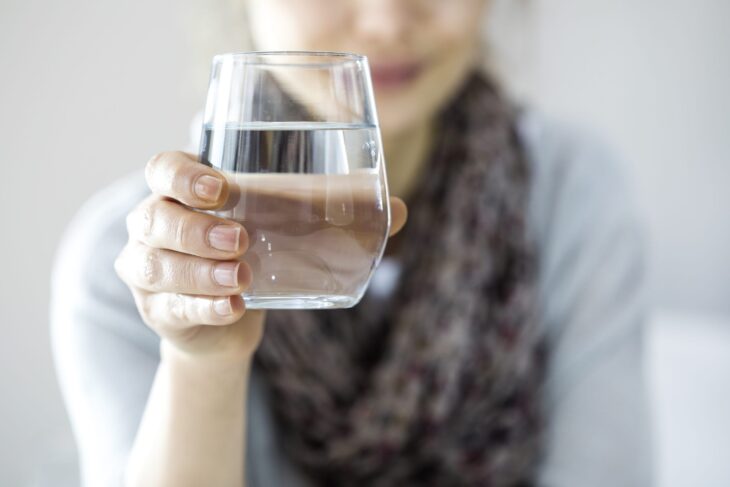
Source: Top5
Conclusion
Based upon this information, you can choose one of the many different water filtration systems available. For drinking water, GAC systems are typically the best choice. If you have heavy water, and you want to filter all of that coming into your household, the ion exchange method, or even reverse osmosis, would be helpful toward this goal. Now that you know about the many different types of water filtration systems available, you can choose one based upon your needs and your budget.
